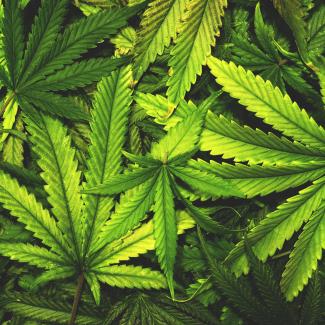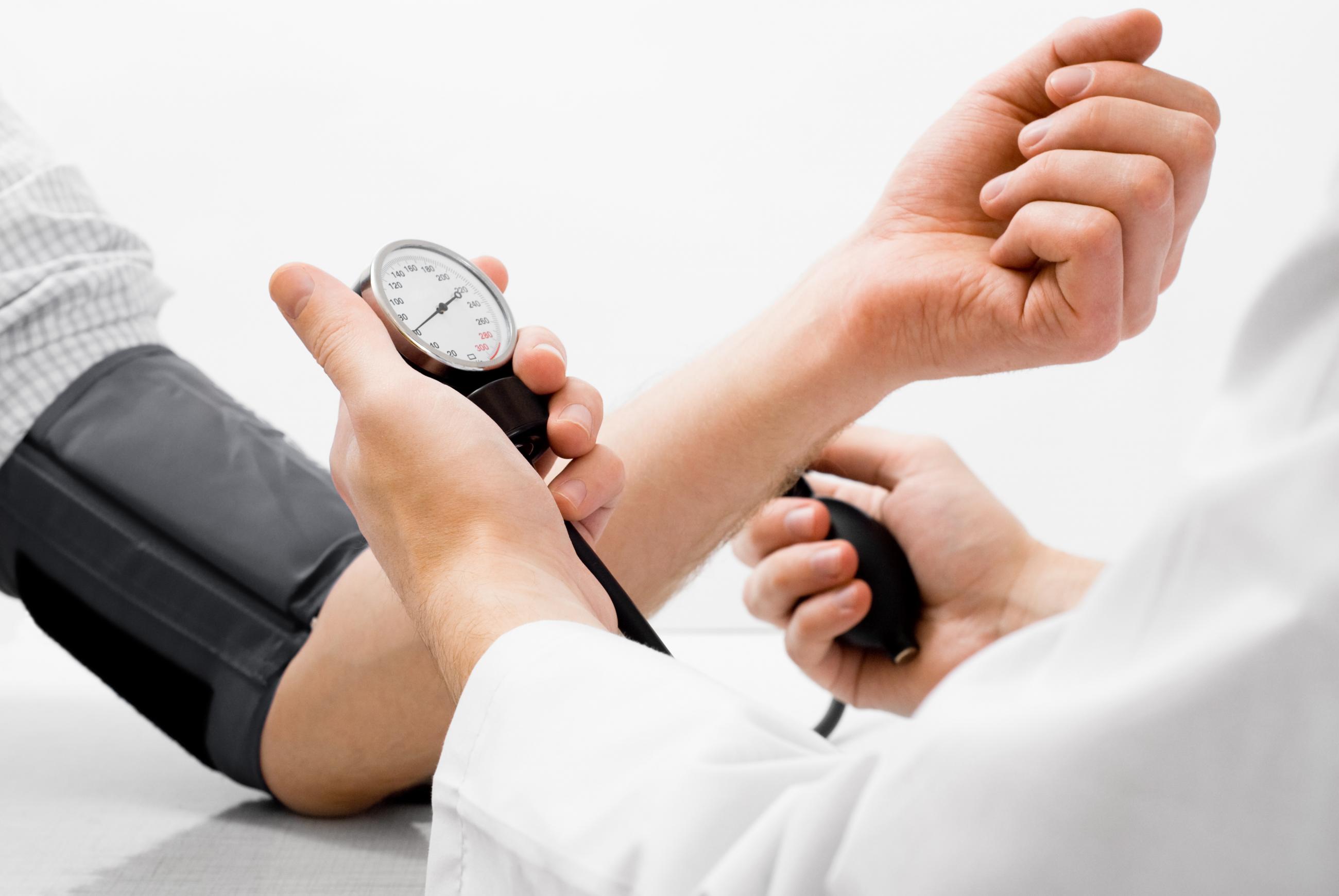Heart health is an important part of one’s well-being. Although more research is necessary to fully understand the effects of medical marijuana on blood pressure and the heart, increased heart rate is a possible side effect of marijuana. This is normally harmless, but users must remain cautious of marijuana’s effects on the heart and blood pressure. The method of consumption also impacts how marijuana affects the heart. Therefore, when using medical marijuana, it is important to consult a marijuana doctor.
SIDE EFFECTS FROM MARIJUANA
With regards to weed side effects, immediately after smoking marijuana, one’s blood pressure and heart rate may temporarily increase, thus raising one’s risk of having a stroke or heart attack. In relation to THC and blood pressure, tetrahydrocannabinol (THC), the main psychoactive compound in cannabis, can cause inflamed blood pressure, as well as oxidative stress in the artery walls. Research has shown that chronic inflammation can contribute to cardiovascular disease. However, cannabidiol (CBD), the non-psychoactive compound in marijuana, can counteract THC’s inflammation-causing tendencies.
It is important to note that in addition to its effects on heart health, THC can have numerous other side effects. They are typically harmless, but marijuana users must still be wary. Potential side effects include:
- Accelerated heart rate
- Anxiety
- Coordination problems
- Delayed reaction times
- Difficulty sleeping
- Disorientation
- Dizziness
- Dry, red eyes
- Fatigue
- Hallucinations
- Headaches
- Impaired memory
- Irritability
- Low blood pressure
- Mood swings
- Nausea/vomiting
- Panic attacks
- Paranoia
These side effects are usually temporary. Additionally, research has shown that these side effects may be less severe for those with higher cannabis tolerances. However, some research suggests that THC may pose long-term risks, such as impaired thinking, especially in younger users. Individuals should not drive or operate heavy machinery while using marijuana. And if taking other medications, it is recommended to be aware of potential drug interactions with marijuana.
DOES MARIJUANA AFFECT THE HEART?
Many people wonder, “Is marijuana bad for your heart?” The endocannabinoid system may have effects on heart health. Because marijuana is considered a Schedule I substance under federal law, research has been restricted and is thus limited. However, some research has shown that marijuana can affect the heart. These effects are impacted by one’s current health status, family history of illness, and method of marijuana ingestion.
According to the American Heart Association (AHA), marijuana could negatively impact one’s heart and blood vessels. However, supplementary research is needed to fully understand these effects.
Immediately after using marijuana, an individual’s heart rate can temporarily increase, which could also potentiate the risk of having a heart attack or stroke. According to Medicina, young adults who used marijuana between 2007 and 2014 had “growing rates and rising trends in hospitalizations” compared to those who did not use cannabis. These hospitalizations were for conditions including cardiac arrest, strokes, and issues pertaining to heart rate and rhythm. Immediately after using marijuana, one may have a higher risk of atrial fibrillation (an irregular and often rapid heart rhythm that can result in blood clots) and ischemic stroke (interruption or reduction of the blood supply to the brain), but the evidence supporting this is not strong.
Additionally, a 2019 study in the Journal of the American College of Cardiology (JACC) has shown that “regular cannabis use was independently associated with adverse changes in left ventricle size and subclinical dysfunction compared with rare/never cannabis use, whereas previous regular cannabis use was not.” This displays how marijuana use can potentially alter the structure and function of one’s heart. It also shows that stopping cannabis use has the potential to reverse these negative effects.
The method of ingestion impacts marijuana’s effects on the heart. For instance, smoking and vaping have been shown to cause inflammation and raise the potential for clogged arteries, which can in turn lead to a heart attack or stroke.
Due to the potential effects of marijuana on heart health, studies suggest that smoking marijuana could increase the death rate among long-term heart attack survivors, but it is difficult to separate the effects of cannabinoid compounds from the effects of smoking itself. For those with little cardiovascular risk, marijuana does not pose a significant threat. Additionally, those with higher tolerances tend to see less severe side effects, so an increased heart rate is not as common. Those with histories of heart disease must be careful. Therefore, it is important for all marijuana users to consult with a marijuana doctor.
HOW DOES MARIJUANA AFFECT BLOOD PRESSURE?
Cannabinoids can have complex effects on the cardiovascular system, causing changes in blood pressure depending on numerous other variables, including time since intake, health status, and frequency of marijuana use.
A review published in the Journal of Thoracic Disease (JTD) discussed how cannabis use can be linked to “fatal cardiovascular events,” including increased blood pressure. Immediately following marijuana use, one’s blood pressure may temporarily increase, which could potentially raise one’s risk of having a stroke or heart attack. Regarding the association between THC and heart problems, THC may cause inflammation of the blood vessels, which can be linked to elevated blood pressure. However, there are many THC and CBD differences. CBD can counteract THC’s inflammation-causing tendencies. Therefore, the THC ratio can impact marijuana’s effect on blood pressure.
The method of ingestion impacts the effects of marijuana on blood pressure. For instance, smoking and vaping have been shown to cause inflammation and raise the potential for clogged arteries, which can lead to high blood pressure.
On the other hand, heavy doses of cannabis can cause one’s blood pressure to drop, which may lead to lightheadedness and dizziness.
It is worth noting that CBD itself has been shown to potentially decrease resting blood pressure and mitigate stress-induced increases in blood pressure. Additionally, those with higher marijuana tolerances tend to see less severe side effects, so blood pressure changes are not as common in regular users.
WHY DOES CANNABIS INCREASE BLOOD PRESSURE?
Cannabis has the ability to increase one’s blood pressure. THC may cause inflammation of the blood vessels, which is associated with elevated blood pressure. Additionally, blood pressure may stem from THC’s tendency to cause oxidative stress in the artery walls. Although more evidence is needed to support this claim, one may have a higher risk of atrial fibrillation immediately following marijuana use. An irregular and often heart rhythm can result in blood clots, which can in turn cause high blood pressure.
RECOMMENDATIONS FOR THE SAFE USE OF MARIJUANA
Those with lung disease, heart health issues, or mental health disorders should consider the potential dangers of using marijuana, and all users should consider the possible side effects. It is important to start with a low dosage and use marijuana under the direction of a medical marijuana doctor.
Overall, marijuana has shown to have effects on blood pressure and heart health. More research must be done to further understand the impacts of marijuana on blood pressure and the heart. Therefore, it is important to consult with a marijuana doctor to use cannabis safely.
FAQ
Does CBD lower blood pressure?
Can weed cause a heart attack?
Immediately after smoking marijuana, one’s blood pressure and heart rate may temporarily increase, thus raising one’s risk of having a stroke or heart attack. Smoking and vaping have been shown to cause inflammation and raise the potential for clogged arteries, which can in turn lead to a heart attack or stroke.
Is weed bad for the heart?
According to the American Heart Association (AHA), marijuana could negatively impact one’s heart and blood vessels. However, additional research is needed to fully understand these effects.
Does weed increase heart rate?
Increased heart rate is a possible side effect of marijuana, especially immediately after smoking.
























